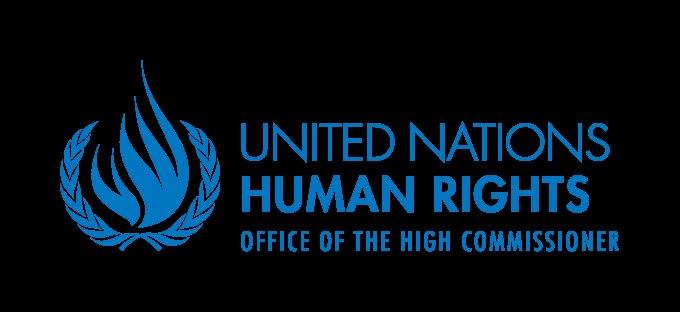Apr 2016 - Jan 2017 | OHCHR
In Argentina, OHCHR started supporting the process of adaptation of the Latin American Model Protocol for the investigation of gender-related killings of women (feminicide), similar actions will take place in Chile and Peru. OHCHR RO for Central America and UN Women Regional Office for Latin America organized workshops with the Prosecutor’s specialized Unit for adaptation of the Latin American Model Protocol. The workshop also shared the Brazil experience with the adaptation of the Protocol. Support will continue into 2017.
